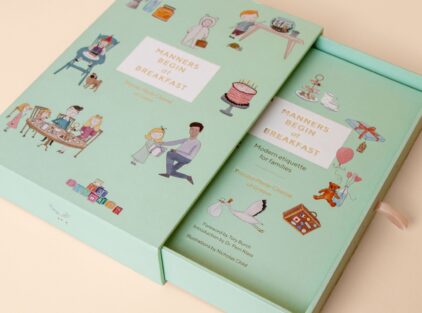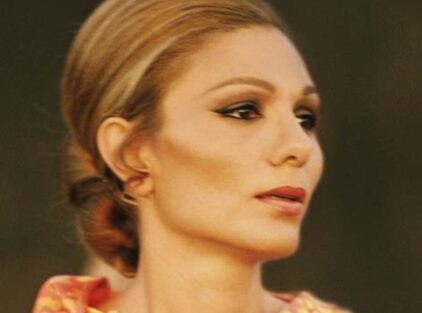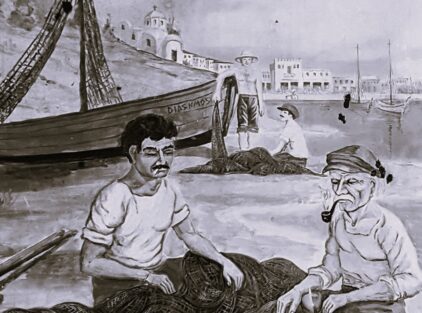“There is no such thing as bad weather, only different kinds of good weather” by John Ruskin
by Maria Mylona
These days we are in the heart of winter with the temperature plummeting. The first snowflakes have fallen, our mountains glisten in white as if they have a furry white blanket over them. This image takes us back to our childhood and the desire to play comes back with nostalgia.
Our inner child is looking for fun. Our need for play does not disappear as we grow older, but it can become hidden under our obligations. Life without play is heavy and can cause burnout. While fun positive experiences build strong relationships and positive memories. Think about the last time you played snowball and how you felt or how much closer you felt to those you shared moments of joy with.
Although “Seasonal Affective Disorder” (SAD) is associated with the cold winter months and affects 90% of the population, with the main symptom being low energy, as if falling into a lethargy, snow has been shown to have beneficial effects. properties in our mental health. There is a view that because about 95% light is reflected, our mood is also brightened. Unlike normal ground which reflects about 20% of light. On the other hand, there are the so-called “weather junkies” where bad weather conditions rejuvenate them and stimulate them to go out into nature.
Even 20 minutes of contact with outdoor activities improve our psychosomatic state. The secretion of cortisol, a hormone associated with stress, is reduced. In addition, our mindfulness increases by devoting ourselves to the moment in which we live. When we walk in nature we pay a lot of attention to paying attention to where and how we step, to the temperature of the environment, to the sounds around us as everything is quieter, with the result that our mental clarity improves. That’s why during winter we need something unusual, like snow – because it’s available for a limited time – to encourage us to go outside, build a snowman, ski or just play like when we were children, entering a ‘happy child mode’ where feelings of admiration, gratitude and happiness increase.
Nevertheless, don’t forget that how we experience certain situations is a personal experience and certainly different for each of us. Therefore, something that is beneficial for one does not mean that it is necessary for others, too.
Maria Mylona is a Health Psychologist and Synthetic Psychotherapist













